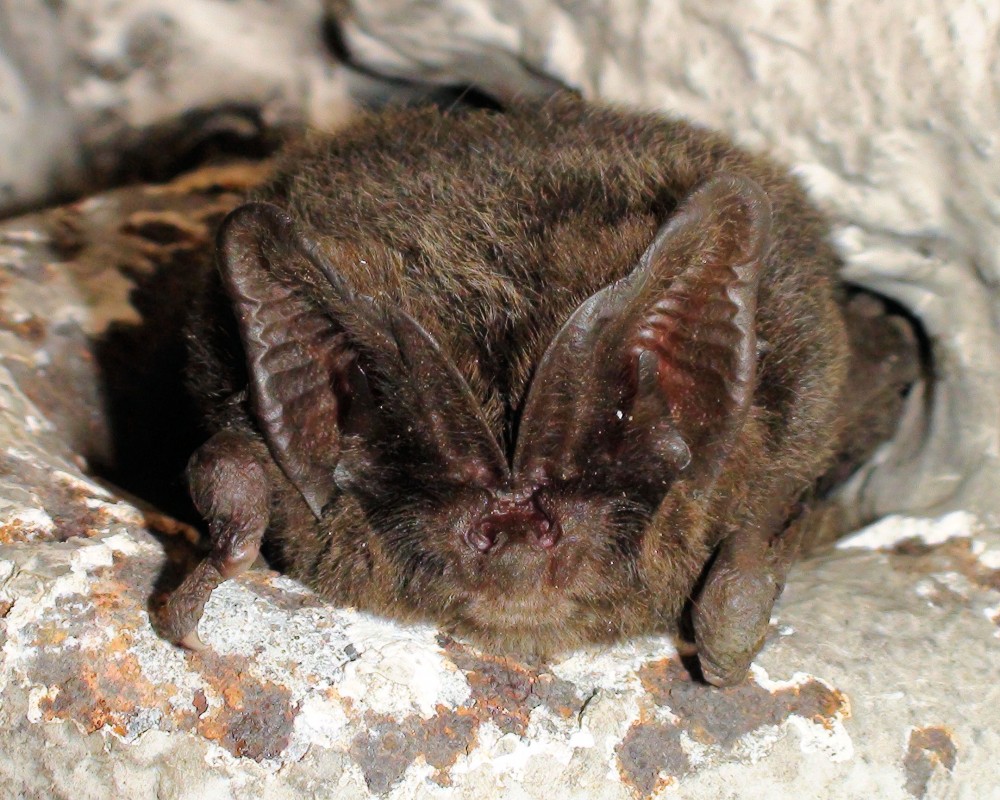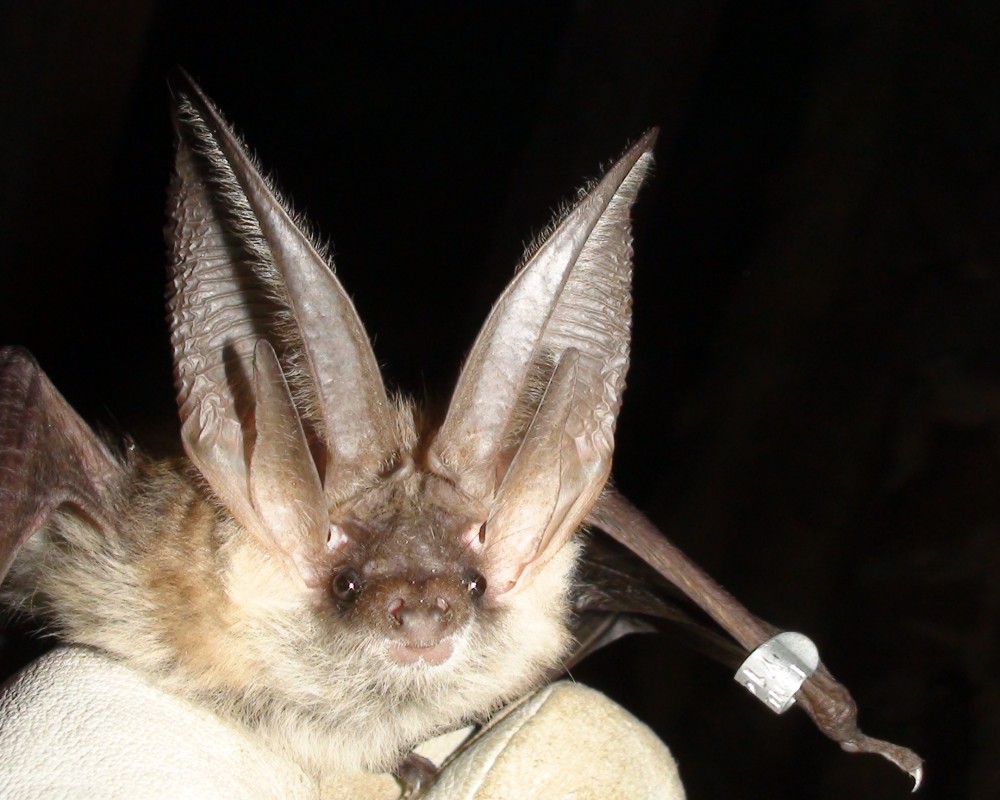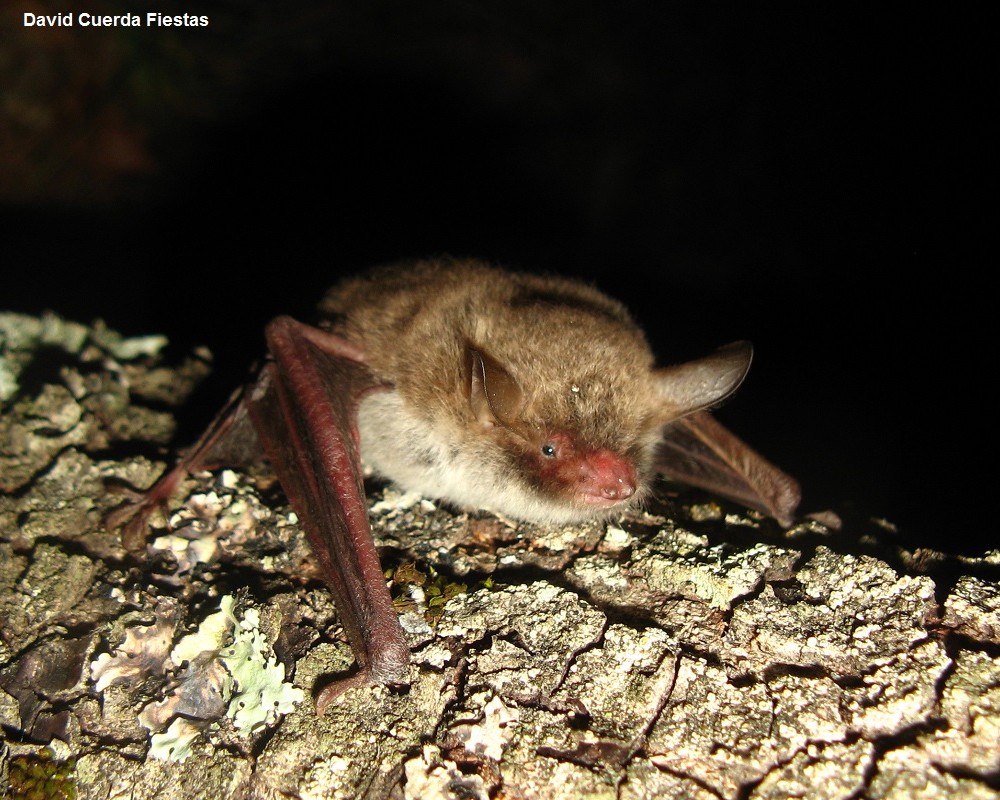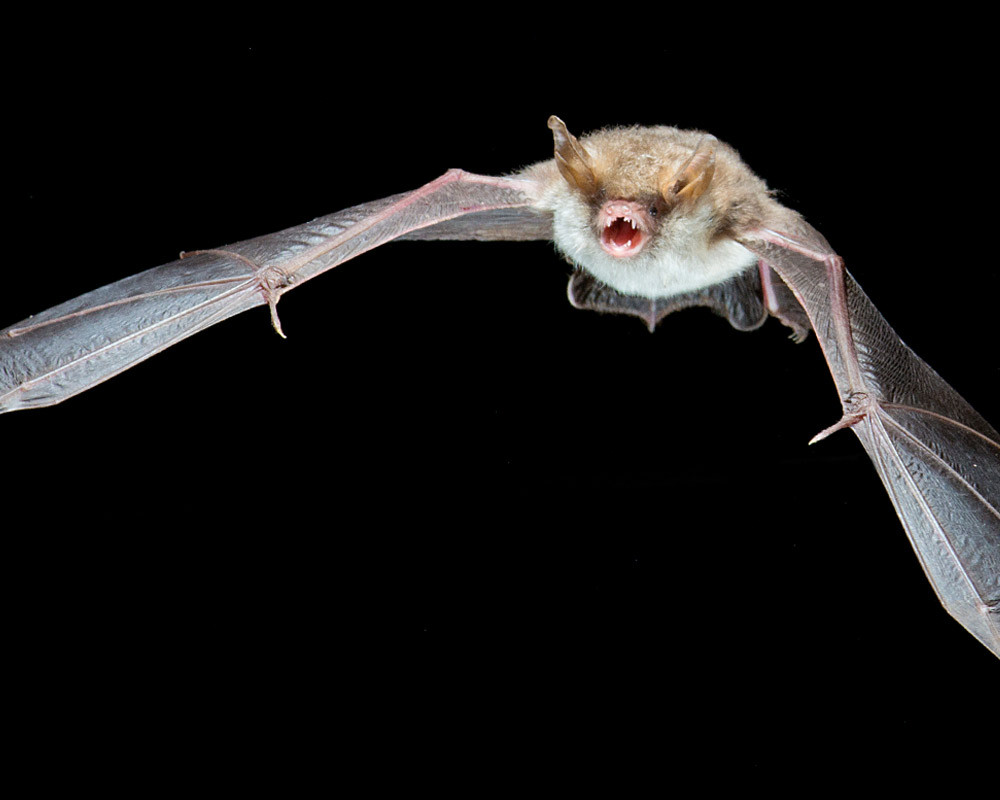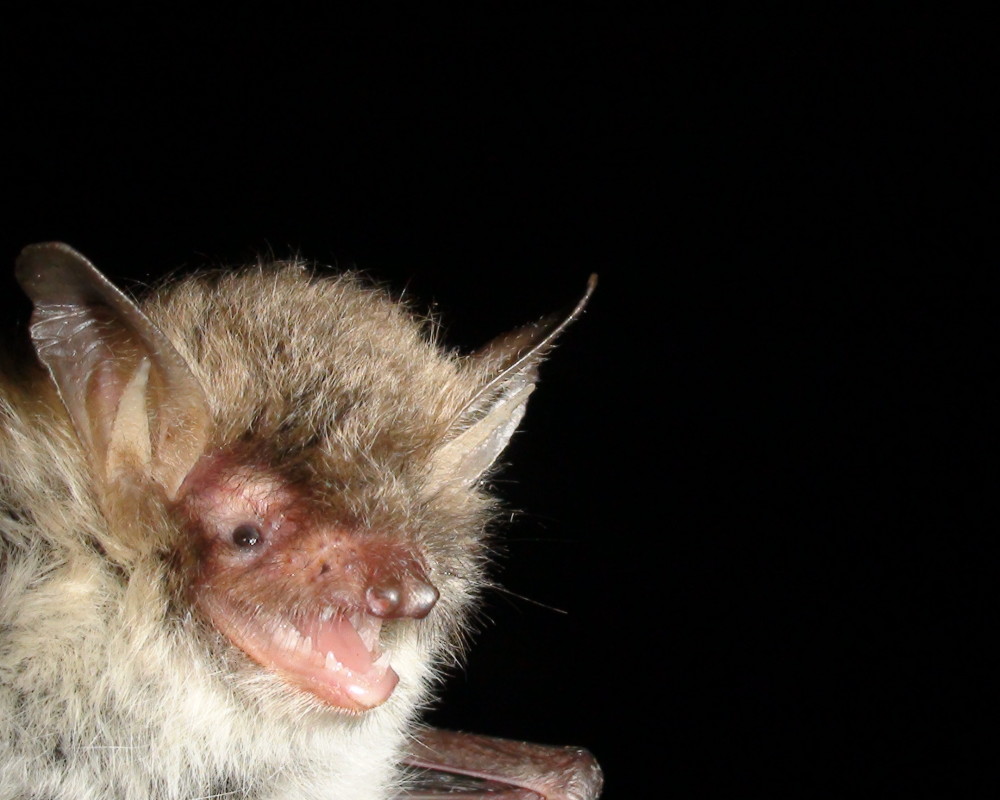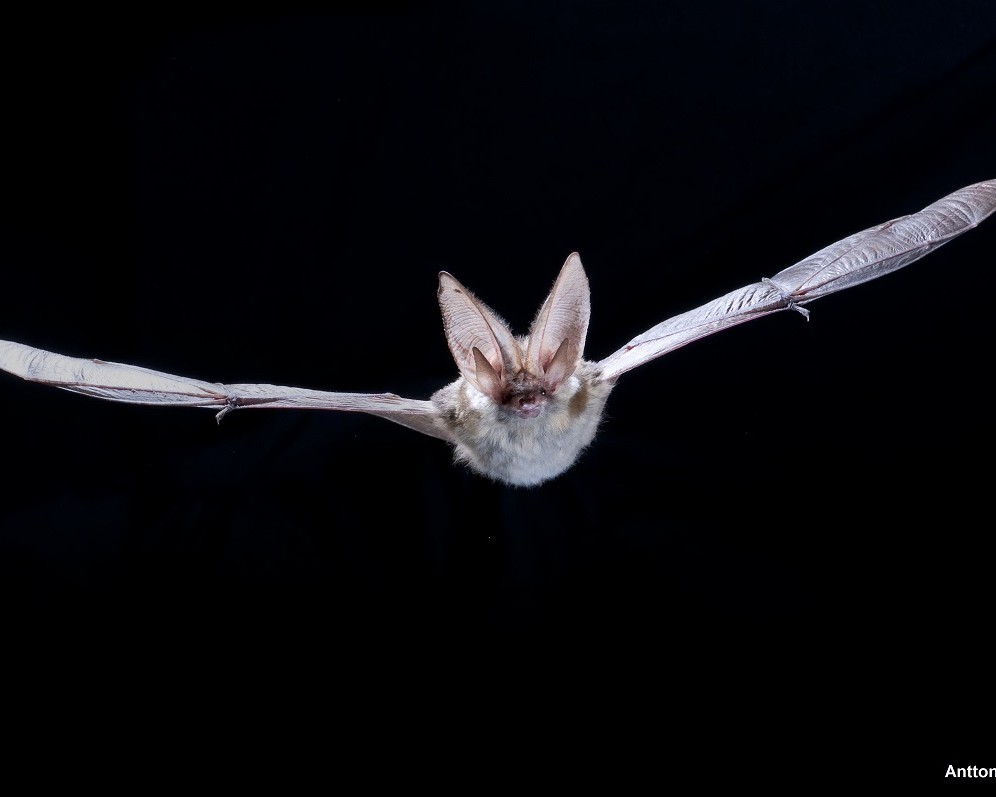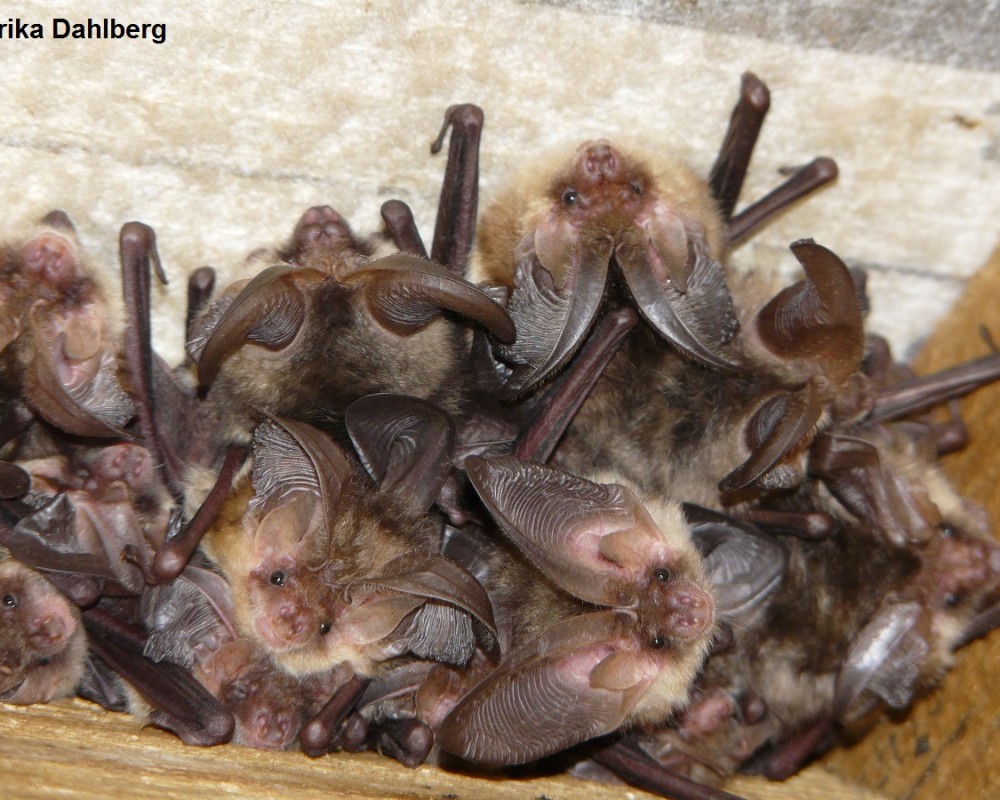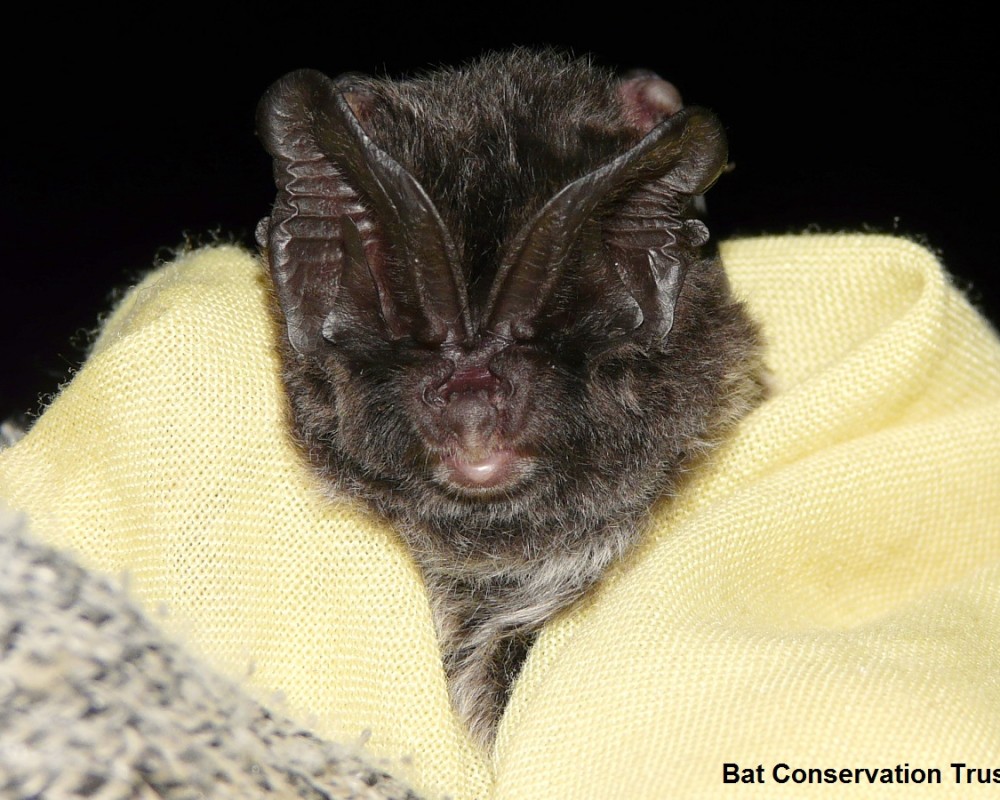Fully funded PhD Studentship, Sep 2018: Does habitat specialisation increase vulnerability to global environmental changes? Assessing the impacts of anthropogenic disturbance on bats in Malawi
PhD Supervisor: Orly Razgour (Biological Sciences, University of Southampton)
Co supervisor: Patrick Osborne (Engineering & the Environment, University of Southampton)
External supervisor: Emma Stone (African Bat Conservation & School of Biosciences, Cardiff University)
Application Deadline: 05.01.2018
Interviews will be held at the University of Southampton in February-March 2018.
Competition funded: NERC SPITFIRE DTP studentship
PhD Description
Anthropogenic environmental changes are a major threat to biodiversity, and therefore a challenge for wildlife conservation. Given the extent of these changes and expected biodiversity losses, it is important to effectively identify the most vulnerable species to guide conservation management. Based on theoretical expectations, ecological specialisation is a key trait signalling species’ vulnerability to global changes, especially when coupled with higher trophic level occupancy, low reproductive rates, long generation times and limited dispersal abilities[1]. This project will investigate whether specialist species are more sensitive to anthropogenic land-use changes, relative to generalists, using bats in Malawi as a case study.
Malawi has amongst the highest rates of environmental pressures from agriculture and deforestation in southern Africa; however, the impacts on wildlife are unknown. Montane and upland forests, and their biodiversity, are under particular threat, with only 3% of forests remaining. Based on their ecological and life history traits, bats are expected to be particularly sensitive to environmental changes. Therefore increasing agricultural pressures and deforestation in Malawi are likely to pose a particular threat to forest specialist bats. Yet, despite their importance for African biodiversity and contribution to ecosystem services, the ecology and status of most Malawian bat species are poorly known.
Our project partner, African Bat Conservation (ABC), has been sampling bat diversity along anthropogenic disturbance gradients in Malawi for several years. This project will build on ABC’s dataset of bat distribution and genetic samples, and include additional fieldwork in Malawi by the PhD student to increase sampling extent and target species coverage. The project will use a combination of molecular and spatial ecological approaches to address the following objectives:
- Use genetic and ecological survey data to determine the effect of land-use changes on population size, distribution and patterns of genetic variation of specialist versus generalist bat species. Assess long-term threats to specialist versus generalist given the identified genetic and demographic responses to past changes and projected future land-use changes.
- Use landscape genetics to relate the effect of environmental heterogeneity to bat movement and genetic connectivity across land-use change gradients[2]. Identify important landscape features that can be used to increase connectivity between protected areas across the agricultural landscape matrix and crucial areas for maintaining landscape connectivity.
- Use dynamic demographic modelling tools[3] to model the expansion potential of generalist non-forest bat species and the effect of their expansion on forest specialists based on current and projected future changes.
Training
The SPITFIRE DTP programme provides comprehensive personal and professional development training alongside extensive opportunities for students to expand their multi-disciplinary outlook through interactions with a wide network of academic, research and industrial/policy partners. The student will be registered at the University of Southampton and hosted at Biological Sciences, University of Southampton. Specific training will include: ecological fieldwork techniques (catching, handling and sampling bats, bioacoustics, surveying environmental variables), advanced statistics, GIS, remote sensing, spatial data analysis, ecological and demographic modelling, molecular lab techniques (including DNA extraction, PCR, prep for sequencing) and population and landscape genetics data analysis.
The student will travel to Malawi for fieldwork and field training from African Bat Conservation at the Conservation Research Africa (CRA) research stations (Vwaza Marsh Wildlife Reserve, Nyika and Kasungu National Parks, and Lilongwe City). The student will attend monthly seminars hosted by CRA at the Lilongwe Wildlife Trust.
For more information: http://noc.ac.uk/gsnocs/project/does-habitat-specialisation-increase-vulnerability-global-environmental-changes
The project is funded for 3.5 years and welcomes applicants from the UK and EU (EU applicants need to have been residents in the UK for at least 3 years prior to application), who have or expect to obtain at least an upper second class degree (BSc or MSc) in Biological Sciences or allied subjects. Funding will cover fees and a stipend at current research council rates of £ 14,296 per annum.
Due to funding restrictions this position is only open to UK/EU applicants who have been residents in the UK for at least 3 years prior to application,
Information on how to apply: http://www.spitfire.ac.uk/how-apply
Applications should be submitted online at:
https://studentrecords.soton.ac.uk/BNNRPROD/bzsksrch.P_Login?pos=7192&majr=7192&term=201819
Please place Orly Razgour’s name in the field for proposed supervisor.
General enquiries should be made to Orly Razgour at Orly.Razgour@soton.ac.uk . Any queries on the application process should be made to spitfire@southampton.ac.uk

